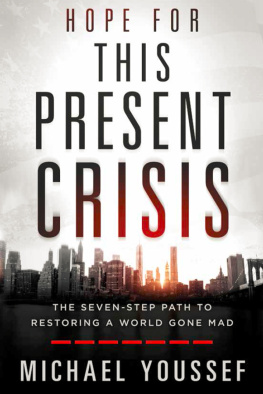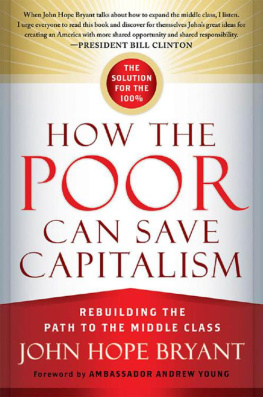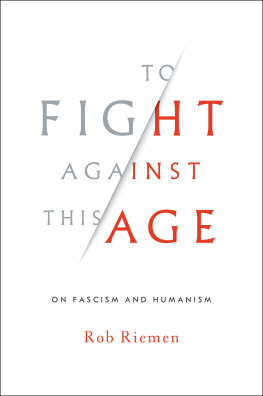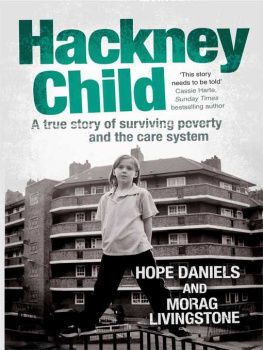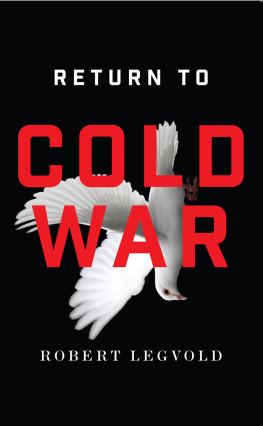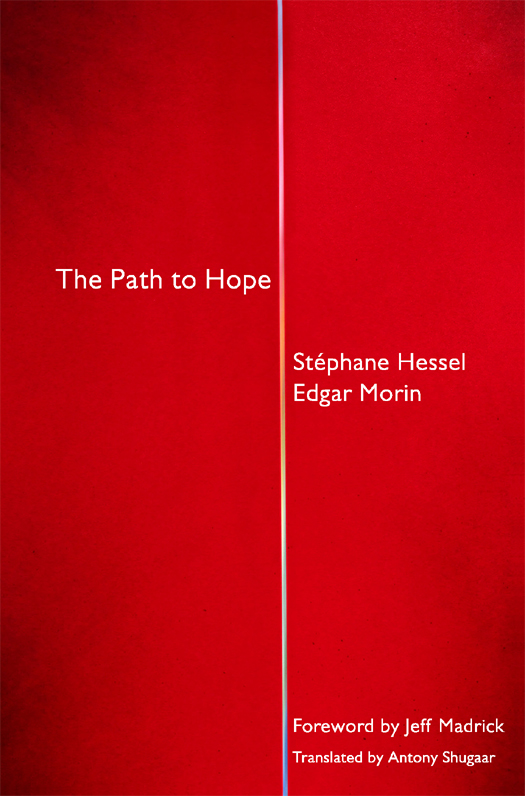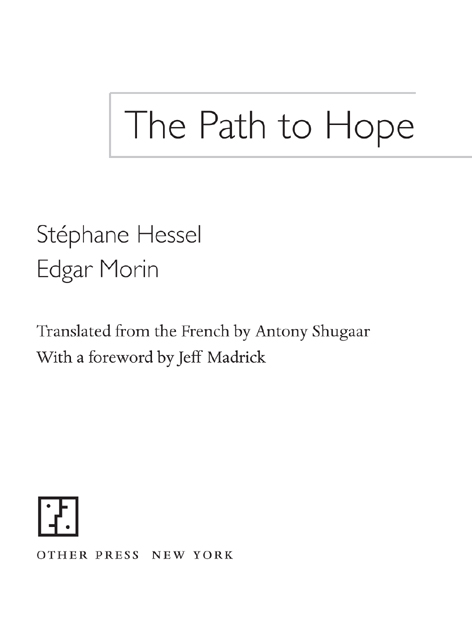Copyright Librairie Arthme Fayard, 2011
Originally published in French as Le chemin de lesprance
Translation copyright 2012 Antony Shugaar
Foreword copyright 2012 Jeff Madrick
Case design by Andreas Gurewich
Production Editor: Yvonne E. Crdenas
All rights reserved. No part of this publication may be reproduced or transmitted in any form or by any means, electronic or mechanical, including photocopying, recording, or by any information storage and retrieval system, without written permission from Other Press LLC, except in the case of brief quotations in reviews for inclusion in a magazine, newspaper, or broadcast. For information write to Other Press LLC, 2 Park Avenue, 24th Floor, New York, NY 10016. Or visit our Web site: www.otherpress.com
The Library of Congress has cataloged the printed edition as follows:
Hessel, Stphane.
[Chemin de lesprance. English]
The path to hope / by Stphane Hessel and Edgar Morin; translated from the French by Antony Shugaar; with a foreword by Jeff Madrick.
p. cm.
eISBN: 978-1-59051-561-7
1. Social policy. 2. Economic policy. 3. Equality. 4. Quality of life. 5. World politics21st century. I. Morin, Edgar. II. Shugaar, Antony. III. Title.
HN18.3.H4713 2012
306dc23
2011053134
v3.1
Contents
The Road to Hope
Jeff Madrick
Look at the facts on the ground, say Stphane Hessel and Edgar Morin, if not precisely in those words. Dont tell us about theory. Economic theory has led us to social failure. Simply look around you.
These ninety-somethings are outraged. Hessel worked in the French Resistance during World War II and was shaped by its ultimate victory over French Vichyism and the creation in the late 1950s of what he believes was a true French Republic successfully dedicated to equality. His book Time for Outrage called on people around the world to resist again. This recent short book sold over a million copies in France and inspired protest everywhere.
Now, in The Path to Hope, only slightly longer, Hessel and his friend and peer, the eminent sociologist Edgar Morin, tell us what to protest againstthe strangling economic power of finance and the shocking spread of ethnic prejudice among nations that were once proud carriers of humanism and the resulting loss of community and what they call fellow feeling.
It is purist free-market economics and its rising power that both men despise. Their rhetoric is not mild. To them, finance capitalism could become the new fascism. It is already some way down that road, suppressing the citizens of both rich and poor nations. This is what they witnessed during the rise of Vichy France, they argue: a plutocracy frightened of bolshevism that might jeopardize their fortunes turned too easily to fascism.
The spread of a purist ethnic movement in Europe is the other enemy of their humanist ideals. Hessel was a contributor to the beautiful language of the United Nations Universal Declaration of Human Rights, adopted in 1948 under the guidance of Eleanor Roosevelt. Here is a relevant passage: Everyone, as a member of society, has the right to social security and is entitled to realization, through national effort and international co-operation , of the economic, social and cultural rights indispensable for his dignity and the free development of his personality. This ideal, he and Morin believe, is now being betrayed.
One doesnt have to agree with everything they write to be moved by them and to understand that in fundamental ways they are right. Their true enemy is not economic inequality or even the persistence of poverty but injustice itself. And so it is with Occupy Wall Street. So it is with the brave protesters of the Arab Spring, the indignados of Spain, the occupiers of St. Pauls, the Israelis angry with their governments policies. They all say the same thing.
In brutal dictatorships, the protesters want a voice, they want a basic democracy. In rich democracies, however, the protesters also want a voice lost to the power of money. They want a true democracy as well.
Free us of a tyranny, say the Egyptians and the Libyans. Dont feed us the stories of the benefits of a free-market economy, say the protesters in rich nations. It hasnt worked. (And make no mistake, the protesters of the Arab Spring link their tyrannical former regimes with the power of money in the West.) The economics of self-interest and minimal government has led us down a path of self-destruction, say Hessel and Morin, and many others. You ask us how to reform your economic systems and we answer that you should tell us why you still believe in them.
Simply look around and you find injustice almost everywhere. Poverty envelops the world, still. Hessel and Morin simplify here. Formally, poverty by some measures has fallen. But the definition of poverty according to the World Bank is tragicomically low. And the gap between rich and poor has grown enormously.
Meanwhile, income inequality has risen in virtually every rich nation since 1980. The share of wages in GDP has also fallen significantly in most rich nations over the same period, even in China. In the rich nations, public transportation is widely neglected, teachers are increasingly devalued, pollution abounds, and the climate is radically changing. Anti-immigrant movements are flourishing and gaining respectability almost everywhere we look, partly as a result of the poor performance of economies. Americas private prisons make lots of money by locking up so-called illegal immigrants. America has proportionally more people in prisonnot only illegal immigrants, of coursethan any other rich nation. Private prisons are a major new industry.
Hessel and Morin have written this book to present a plan for action, not merely to make known their outrage and stimulate the outrage of others. Their plan is, to say the least, broad, too abstract. It is their path to hope not to ultimate solutions. They want to reinvigorate the values of Europes humanism. Few see Europe as the worlds leader, but the values of the Enlightenment and European humanism can be a guide. They are essentially true, and they have been a source of American ideals since the Colonial era. Hessel and Morins proposals are useful less as a blueprint than as a call for attention to injustice and failure. Basically, they want fellow feeling to return. They want community to reign again. They want education to be revamped to teach the young how to live fuller, less materialistic lives. They quote Rousseau: Life is the trade I want to teach him. They want the adolescent rebels of France and elsewhere to be saved. They want bureaucracies to be revitalized.
What breaks their hearts most is the loss of compassion. Without bonds and traditions, cultures of decency, and everyday evidence of the caring of others, they wonder how civilization will survive. Finance capitalism has not provided that. To the contrary, the race for self-aggrandizement undermines the possibilities.
They would like centers in every community that are sources of friendship and care for others. They want citizens to participate in civil services to deal collectively with natural disasters.
If their ideas are impractical, so be it. Take them as they are, they seem to say. They march on through this book. And they can be poignant. Adolescence to them is magical, for example, the time in which so much must be formed, a time when all is so malleable and can easily go so wrong.


